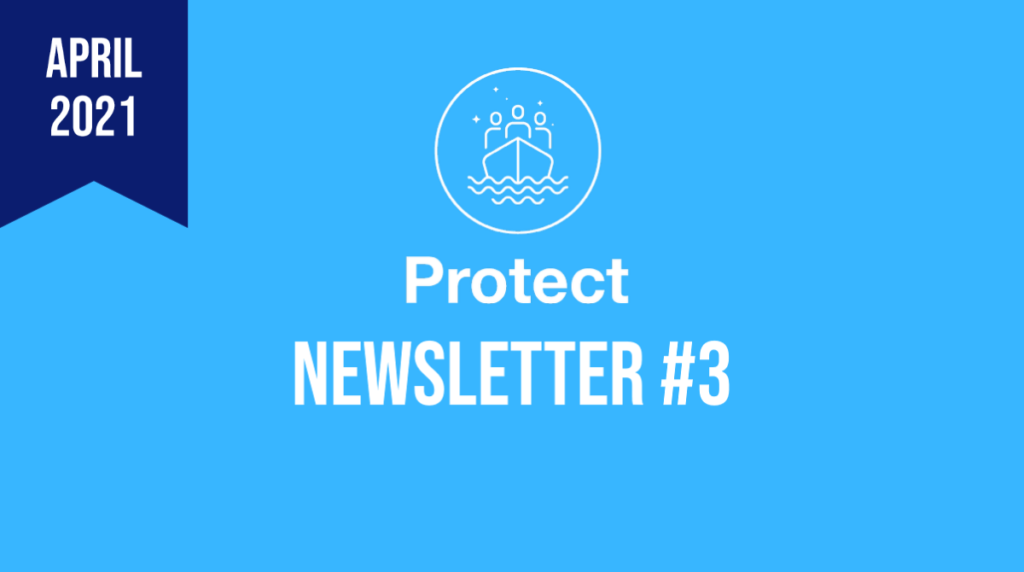The PROTECT project was officially launched on February 1, 2020. Now, our researchers can now look back on the first year of a three-year-long project. They have prepared research frameworks, surveys, interview guides, laid the basis for our outreach and engagement work – all while adapting to the challenges posed by the Covid-19 pandemic. Here, our project leader Hakan G. Sicakkan shares his thoughts on our good, but unusual start.

It feels like PROTECT lives in symbiosis with the Covid-19 pandemic. We were one of the very last consortia that held a kick-off conference in Brussels before the beginning of travel restrictions in March 2020. We were also one of the few consortia that launched a project at the beginning of a pandemic with plans to do fieldwork on three continents.
Photo: Eivind Senneset/UiB
Having arrived home after a successful kick-off conference, the first message I received from my university’s administration was for informing me that my project team in Norway had to quarantine. Indeed, many of the conference attendees had to quarantine upon arrival in their countries.
Research in pandemic times
Despite this rather cheerless start, all project work has been conducted as planned during this first year with one important exception: PROTECT’s field researchers, including master students, had to postpone the face-to-face parts of their fieldwork in Canada, France, Greece, Italy, South Africa, and Spain until further notice, including moving some parts of their research to online platforms.
Covid-19 has not only slowed down our fieldwork but has also sneaked insidiously into all parts of PROTECT – into our survey questionnaires, interview guides, data grids, and discussion fora – as we encountered its effects on refugees and international protection in the natural course of our research. It is currently on its way into PROTECT’s global cleavage theory.
Embedding the consequences of Covid-19 into our project
On 14 April this year, PROTECT had its first review meeting with the European Commission and two external reviewers, who contributed to PROTECT with useful comments. We were told we had done an impressive work despite the pandemic condition, done effective coordination and management, observed the strict research-ethical requirements successfully, and responded well to the corona measures; but we needed to include more on Covid-19 in our research.
In these times, a research project is the only venue where we need more Covid-19. We were also recommended to take additional measures to attract more national politicians to our dissemination events. Otherwise, we seem to have made the progress that was planned.
During this year, our followers will see the first international publications from PROTECT and have an opportunity to attend PROTECT’s online mid-term conference in August 2021. The conference program will be published on our website and social media platforms in due time.
What does 2021 have in store for PROTECT?
Throughout the year, we will disseminate results mapping the (mis)matches between the UN and EU legal frameworks on refugee protection; alignments and deviations between the UN and EU normative and policy frameworks of international solidarity/burden-sharing; public attitudes and media discourses about refugee protection policies foreseen by the UN Global Compacts, Common European Asylum System, and the European Commission’s proposal on a New Migration and Asylum Pact.
As the principal investigator of PROTECT, I feel privileged to work with so talented and creative senior and young researchers in this cutting-edge project. I truly look forward to sharing our results with you as they come in.
Hakan G. Sicakkan, project leader of PROTECT.
See the April 2021 newsletter:

